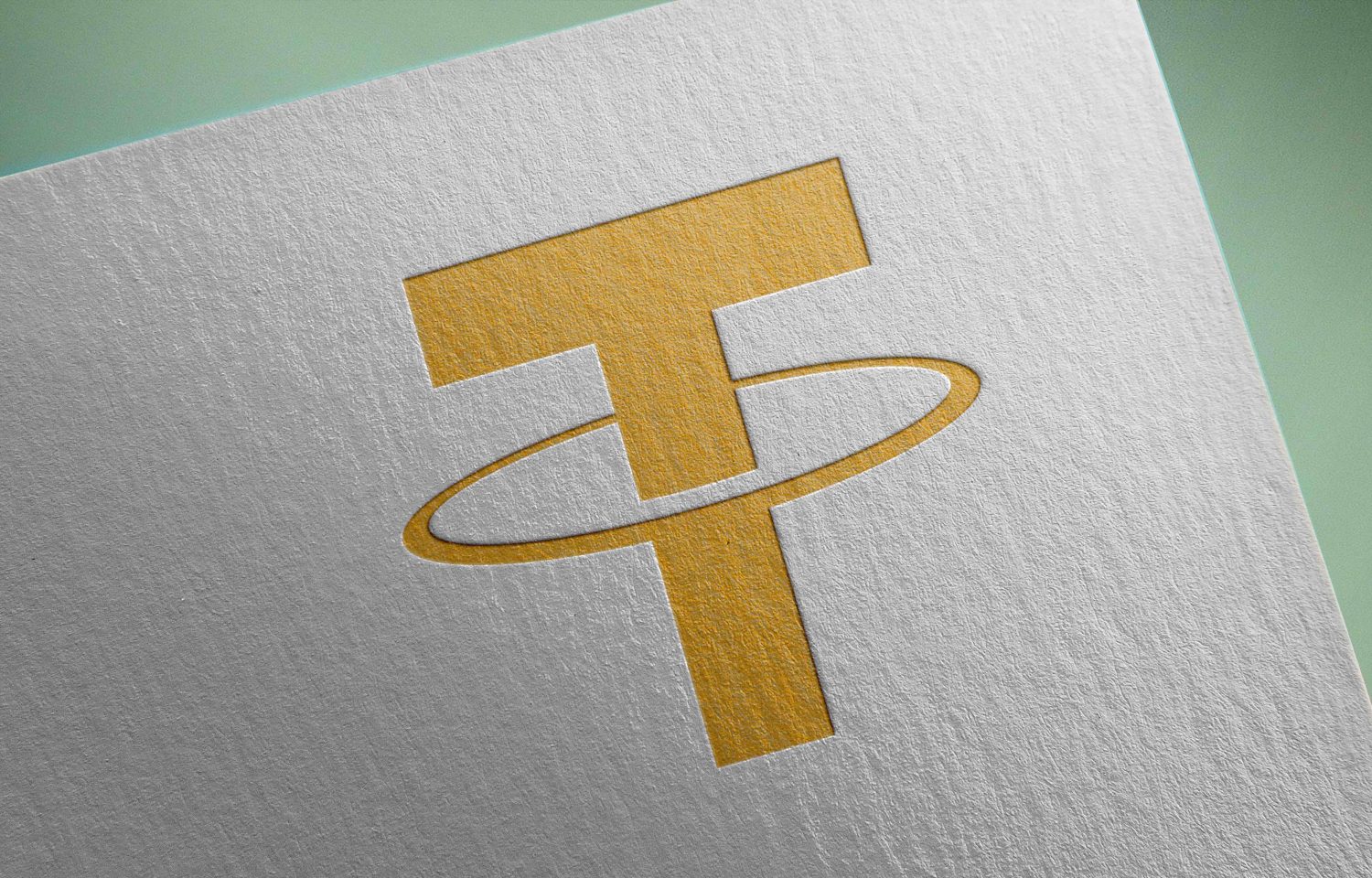Tether Considers Launching U.S.-Based Stablecoin for Institutional Clients
08.04.2025 11:00 2 min. read Alexander Stefanov
Tether is considering launching a new stablecoin in the U.S., specifically aimed at institutional clients.
CEO Paolo Ardoino revealed that the initiative is motivated by recent legislative progress in the U.S., which could soon establish clearer guidelines for stablecoin issuers. Unlike Tether’s existing products, which focus on financial inclusion in emerging markets, this new stablecoin would cater to the needs of large, regulated institutions, offering faster settlement between banks.
The idea comes as U.S. lawmakers move closer to implementing stablecoin regulations. Two key bills are advancing through Congress: the STABLE Act in the House and the GENIUS Act in the Senate.
President Trump has urged legislators to reach an agreement by August, as both chambers will eventually need to consolidate their versions before final approval. Ardoino sees this as a major step toward thoughtful regulation, highlighting the recognition stablecoins are gaining in the financial sector.
Tether, known for its flagship stablecoin USDT, has faced ongoing scrutiny regarding its reserve transparency. The company has released quarterly attestations through BDO Italia but has not yet secured a full independent audit. Recently, Tether appointed Simon McWilliams as CFO to push for more comprehensive financial verification, aiming to involve one of the Big Four accounting firms.
Meanwhile, Tether’s main competitor, Circle, has been conducting regular audits of its USDC reserves through Deloitte since 2022, previously working with Grant Thornton. Despite the challenges, Tether remains the largest stablecoin issuer globally, with around 145 billion USDT tokens in circulation. The potential new U.S.-based stablecoin would mark an important step in expanding Tether’s offerings to meet institutional demand while aligning with the evolving regulatory environment.
-
1
UK Regulators Unveil PISCES – A New Era for Private Share Trading
11.06.2025 15:00 2 min. read -
2
Trump Turns 79 With Billions in Crypto and a $45M Parade
14.06.2025 22:00 2 min. read -
3
Polygon Breaks from Decentralization as Sandeep Nailwal Assumes Full Control
11.06.2025 20:00 2 min. read -
4
Nvidia CEO Urges UK to Invest in AI Infrastructure or Risk Falling Behind
10.06.2025 9:00 1 min. read -
5
KuCoin Plants Its Flag in Bangkok With a Licensed Thai Exchange
14.06.2025 13:00 1 min. read
Vitalik Buterin Warns Digital ID Projects Could End Pseudonymity
Ethereum co-founder Vitalik Buterin has voiced concerns over the rise of zero-knowledge (ZK) digital identity projects, specifically warning that systems like World — formerly Worldcoin and backed by OpenAI’s Sam Altman — could undermine pseudonymity in the digital world.
What Are the Key Trends in European Consumer Payments for 2024?
A new report by the European Central Bank (ECB) reveals that digital payment methods continue to gain ground across the euro area, though cash remains a vital part of the consumer payment landscape — particularly for small-value transactions and person-to-person (P2P) payments.
History Shows War Panic Selling Hurts Crypto Traders
Geopolitical conflict rattles markets, but history shows panic selling crypto in response is usually the wrong move.
At Least Five Law Firms Target Former Strategy Over Misleading BTC Risk Disclosures
Bitcoin-focused investment firm Strategy Inc. (formerly MicroStrategy) is facing mounting legal pressure as at least five law firms have filed class-action lawsuits over the company’s $6 billion in unrealized Bitcoin losses.
-
1
UK Regulators Unveil PISCES – A New Era for Private Share Trading
11.06.2025 15:00 2 min. read -
2
Trump Turns 79 With Billions in Crypto and a $45M Parade
14.06.2025 22:00 2 min. read -
3
Polygon Breaks from Decentralization as Sandeep Nailwal Assumes Full Control
11.06.2025 20:00 2 min. read -
4
Nvidia CEO Urges UK to Invest in AI Infrastructure or Risk Falling Behind
10.06.2025 9:00 1 min. read -
5
KuCoin Plants Its Flag in Bangkok With a Licensed Thai Exchange
14.06.2025 13:00 1 min. read


